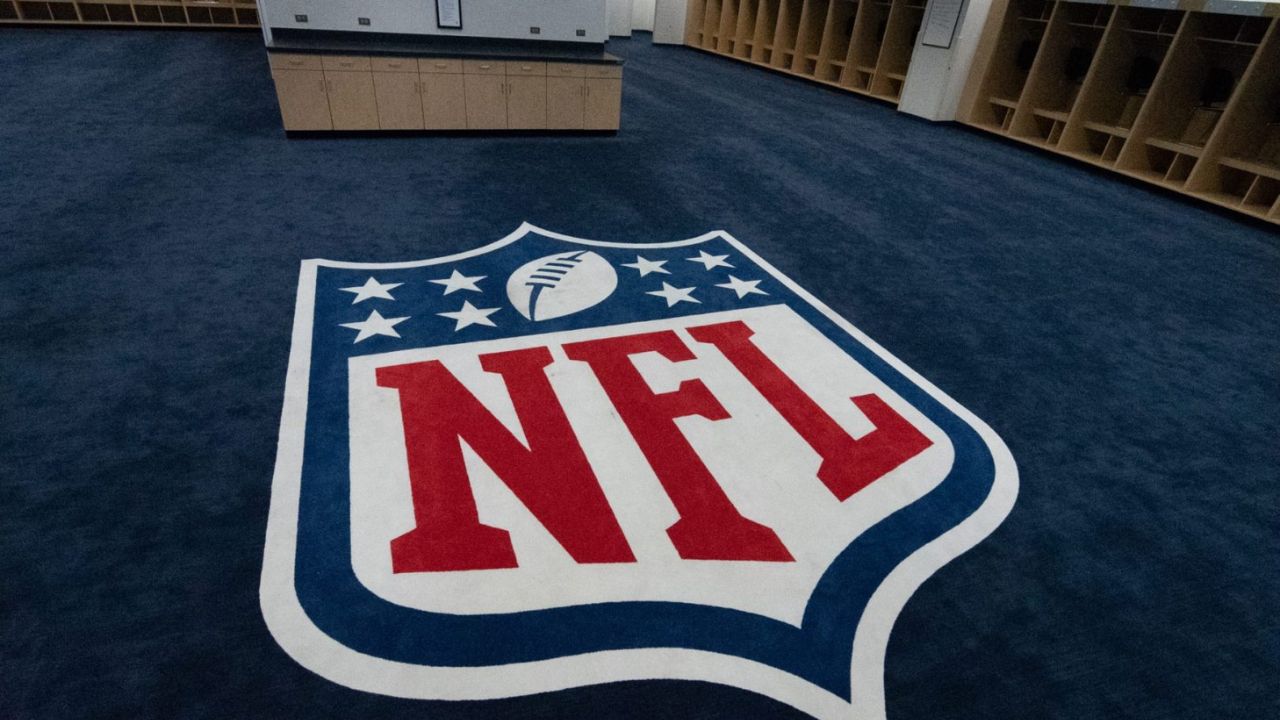Have a look at the NFL 2024 rule changes including banning of hip-drop tackles, changes in kickoff and challenge rules and more
While NFL fans were battling another intriguing narrative: the “Tush Push,” also known as the “brotherly shove,” and both, the supporters and opponents have been arguing over the pros and cons of the tactic, the league has some changes.
NFL 2024-2025 tackles, kickoff, challenge rule changes and new rules list
The controversial tactic in the NFL is however going to stay, for at least one more season and the NFL official Troy Vincent declared last week that the contentious play will not be prohibited by the league before the 2024 campaign, which is great news for the Philadelphia Eagles and their supporters. So what are the changes?
No hip-drop tackles anymore
NFL bans hip drop tackles.
NFL defensive players: pic.twitter.com/VNTlZ67FQM
— Kyle Davis (@TheDaringPastry) March 25, 2024
When a defensive player wraps up an offensive player, either from behind or on his side, and falls to the player’s legs, it is known as a hip-drop tackle.
To avoid injuries and protect its players, the NFL has changed its rules significantly, making hip-drop tackles illegal beginning in the 2024 season. The league’s competition committee decided in favour of the adjustment by a unanimous vote on Monday during the league’s annual meeting in Orlando, Florida.
A hip-drop tackle in a game will result in an automatic first down and a 15-yard penalty.
The NFL makes obtaining the third challenge simpler
For coaches to get their third challenge, they only need to complete one successfully. The fourth task is not accessible.
Previously, coaches had to play their cards just so to be awarded a third challenge. If they wanted another chance to send the officials for another review, they needed to win not just one, but both of their challenges.
Kickoff changed over a year-long trial
Thanks to a completely new design for 2024, kickoff returns will probably return in a big way. During the NFL Annual League Meeting on Tuesday, owners voted in favour of a proposed rule change that would reevaluate the NFL’s kickoff procedure.
While keeping player health and safety in mind, it’s an attempt to bring back the thrill of kickoff to the games. It will cover all free kicks, including those that come after touchdowns and field goals, as well as the ones that begin halves. It also covers the actions taken by a club following a safety.
Unless a penalty is called, a kickoff will always start from the 35-yard line for the team kicking.
- Kicker will be by himself.
- Coverage team will be lined up together.
- The receiving team will be positioned mostly at the 35-yard line.
- The receiving team may have two returners.
- No fair catches.
- Touchback at the 40-yard line.
- Touchback at the 30-yard line.
- Touchback at the 20-yard line.
Here's a look at the official kickoff-change rule proposal. Teams could have a maximum of 2 returners. Kicking team can't move until the ball hits in the landing zone or is fielded there. No more fair catches. pic.twitter.com/LaquOHnh3d
— Jonathan Jones (@jjones9) March 20, 2024
Double foul with possession change
The penalties offset and the down is replayed at the original location if the side with the last possession does not have “clean hands” when it regains possession. “Clean hands” denotes no transgressions.
The offence commits an unsportsmanlike conduct or needless roughness foul prior to the last change of possession, in which case both teams will foul (double foul after change of possession). In either case, the penalties offset, and the team with the last possession will keep the ball where its foul would have been called if it had been the only foul.
Replay analysis for deliberate grounding and roughing the passer
For the upcoming season, replay challenges will be allowed for NFL infractions such as intentional grounding and roughing the passer, which were previously regarded as judgement calls by officials.
According to NFL Network’s Tom Pelissero, calls that are subject to replay assistant review must still fall within certain objective bounds. For example, a replay assistant may assess whether a quarterback was intentionally grounding for a throw or if the quarterback was hit in the head during a roughing call.
Replay review when the game clock runs out before the snap
A further modification to the replay review addresses concerns related to the game clock. It is possible to check the replay and modify the play on the pitch as necessary if:
there is clear and obvious visual evidence that the game clock expired before any snap.”



